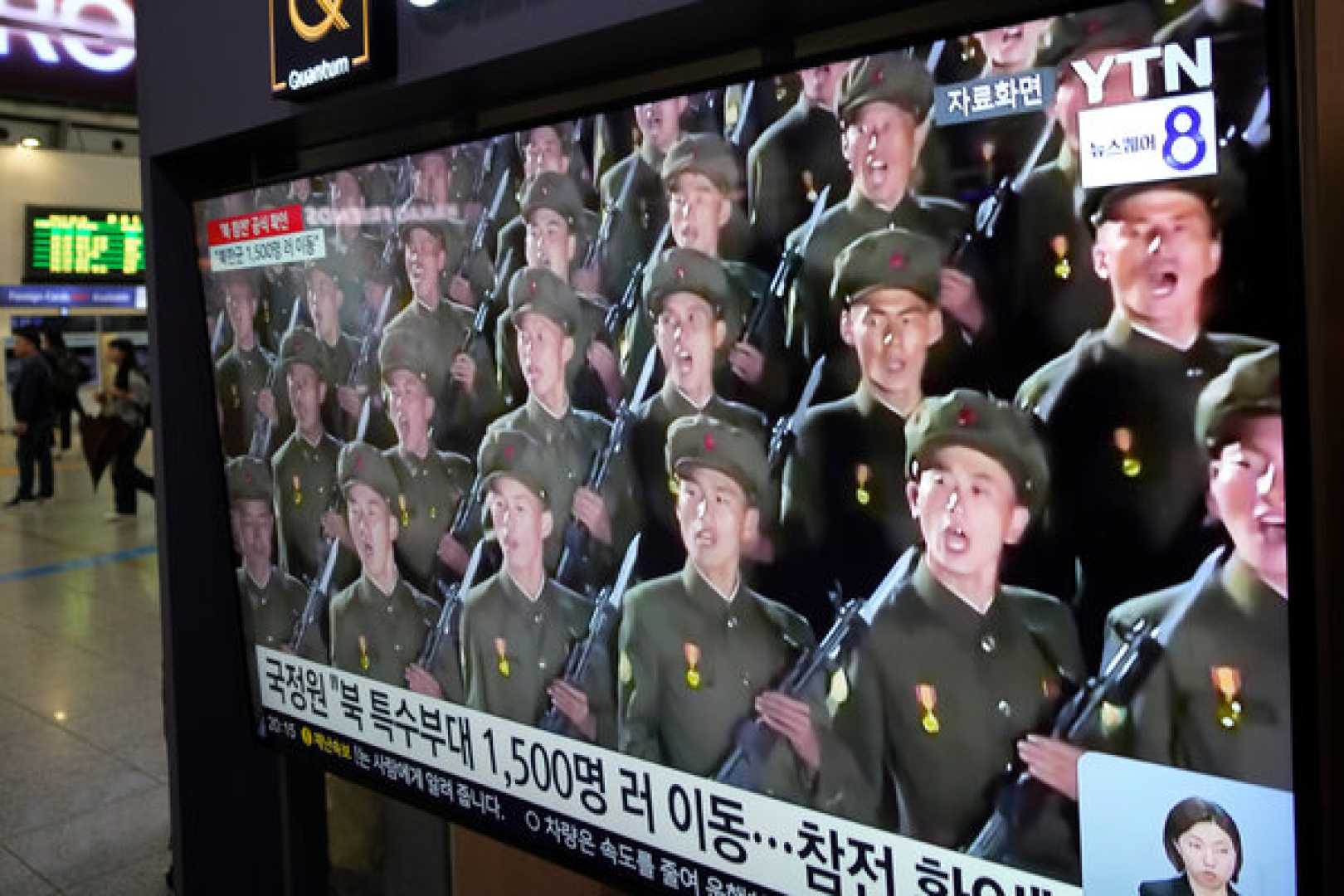News
North Korean Troops in Russia: Implications for Ukraine and South Korea

Recent developments have confirmed that North Korean troops are being sent to Russia, a move that could significantly escalate the conflict in Ukraine. According to U.S. Defense Secretary Lloyd Austin, there is evidence that troops from the Democratic People’s Republic of Korea (DPRK) are present in Russia, although the exact nature of their activities remains unclear.
Ukrainian President Volodymyr Zelensky has stated that Ukraine has intelligence indicating Russia is training two North Korean military units, potentially comprising up to 12,000 soldiers, for deployment in Ukraine. Ukrainian forces have also observed North Korean officers and technical personnel in regions under temporary occupation.
The involvement of North Korean troops has sparked alarm in South Korea, which has been monitoring the situation closely. South Korean intelligence suggests that North Korea has already sent 3,000 troops to Russia, with plans to deploy a total of 10,000 by December. This has prompted South Korea to reevaluate its military assistance to Ukraine, considering the provision of defensive and possibly offensive weaponry.
South Korea’s Foreign Ministry has summoned the Russian ambassador, urging the immediate withdrawal of North Korean forces. The National Security Office in South Korea has convened an emergency meeting to discuss potential responses, including diplomatic and military measures.
The United States has expressed concern over the development, with the State Department noting that if the reports are accurate, it would represent a “dangerous and highly concerning” escalation. The U.S. is continuing to investigate the claims and consult with its allies on the implications.
Analysts suggest that North Korea’s involvement could provide the regime with valuable battlefield experience and technical training, potentially enhancing its military capabilities. This move also underscores the strengthening relationship between Moscow and Pyongyang, both of which are opposed to the United States.












